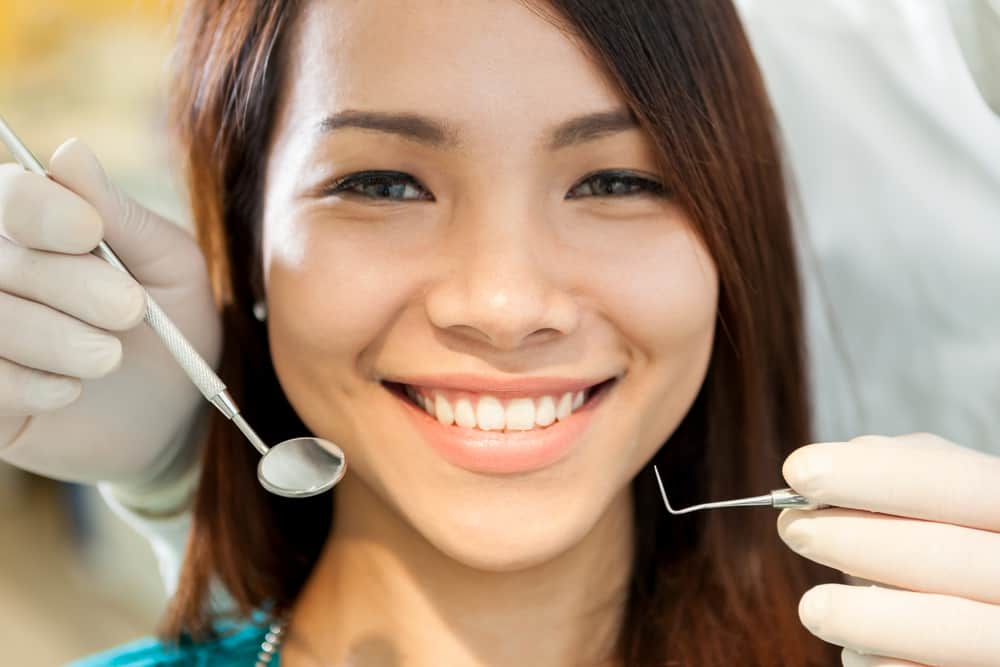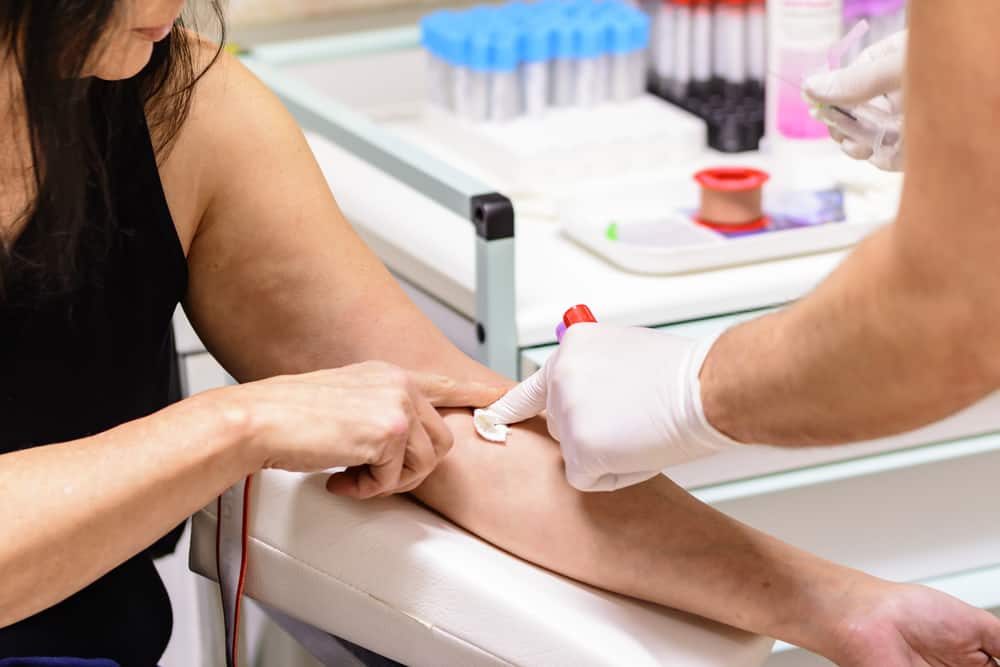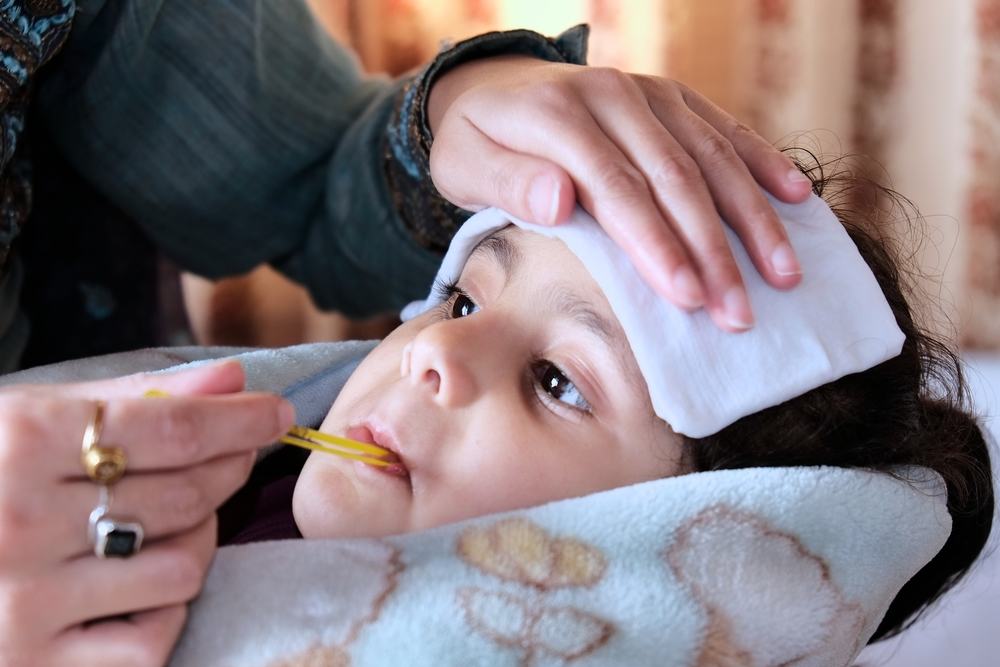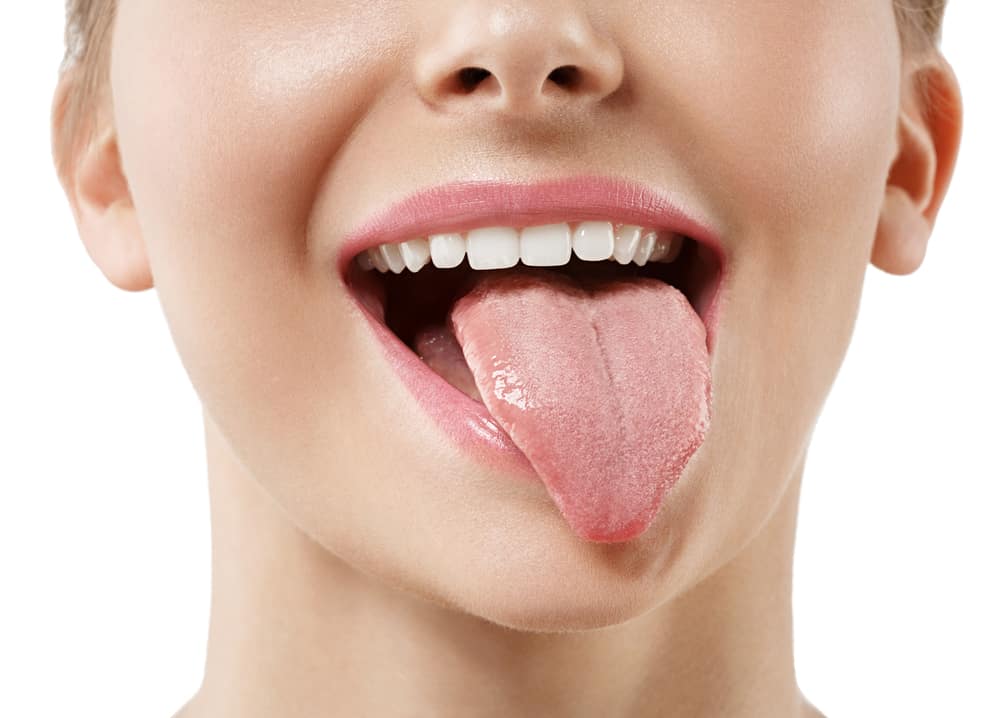Contents:
- Medical Video: What Causes RECEDING GUMS | How to Reverse RECEDING GUMS Naturally
- Gum disease has the potential to make women infertile
- How can gum disease interfere with female fertility?
- What must be done to maintain healthy teeth and mouth
Medical Video: What Causes RECEDING GUMS | How to Reverse RECEDING GUMS Naturally
Are you planning to get pregnant? It's good to visit a dentist to check the health of your teeth and mouth. Because gum disease can increase a woman's risk of infertility, making it difficult for you to get pregnant. How did it happen? See the explanation in this article.
Gum disease has the potential to make women infertile
In a study of more than three thousand pregnant women in Australia, researchers found that gum disease could make women infertile, could even slow the chances of conception for up to two months.
In this study it was known that women who had gum disease had to wait around seven months to a year to get pregnant. While the average woman who does not have dental and oral problems usually only need to wait about five months to get pregnant.
It is important to show if this increase in risk factors is only found in non-Caucasian women. This is because this research was conducted on women who have Asian backgrounds.
So, ethnicity or race also play a role as a risk factor for gum disease in addition to genetic factors. One of the biggest possible links between poor oral health and female fertility is immunology. The researchers assume that Asian women have an immune system that is more susceptible to gum disease. As a result, this makes them likely to face other health problems due to gum disease.
How can gum disease interfere with female fertility?
It is unclear what is the causal relationship between the two. However, there is one theory that is able to support that oral health is very influential on your chances of getting pregnant.
As mentioned above, one of the biggest possible relationships between poor oral health and female fertility is the immune system. Gum disease can cause your immune system to become too reactive. Or conversely, the immune system that is too reactive can actually increase the risk of gum disease.
In several studies, women with overreactive immune systems were found to have an increased risk of infertility, miscarriage, and failure of embryo implantation during IVF.
Common causes of female infertility - especially endometriosis and polycystic ovary syndrome (PCOS), are also associated with an increased risk of gum disease.
According to a study of more than four thousand women, those with endometriosis were reported to be 57 percent more prone to gum inflammation when compared to women without endometriosis.
In addition, in a small study researchers also found that women with PCOS were more likely to experience gingivitis than those who did not have PCOS.
What must be done to maintain healthy teeth and mouth
Your risk of gum disease depends on a variety of factors, including genetics, the presence of certain diseases, and the habit of maintaining dental and oral hygiene. Genetic factors may not be changed, but the habit of maintaining dental and oral hygiene is something that can be changed.
This is what you can do to reduce the risk of gum disease, improve the health of your teeth and mouth, and (maybe) improve your fertility.
- Brushing your teeth at least twice a day (when you wake up in the morning and before going to bed) with toothpaste containing fluoride.
- Don't brush your teeth too hard. Not only can this cause the gums to tear, but it also erodes relatively thin tooth enamel. As a result, your teeth become more sensitive.
- Flossing teeth at least once a day.
- Gargle with mouthwash containing antiseptic once or twice a day. According to the American Dental Association, the use of mouthwashes containing antiseptics and antibacterials can reduce plaque-causing bacteria and gum disease.
- Routinely consult a dentist at least once every 6 months to clean teeth and check teeth as a whole.












